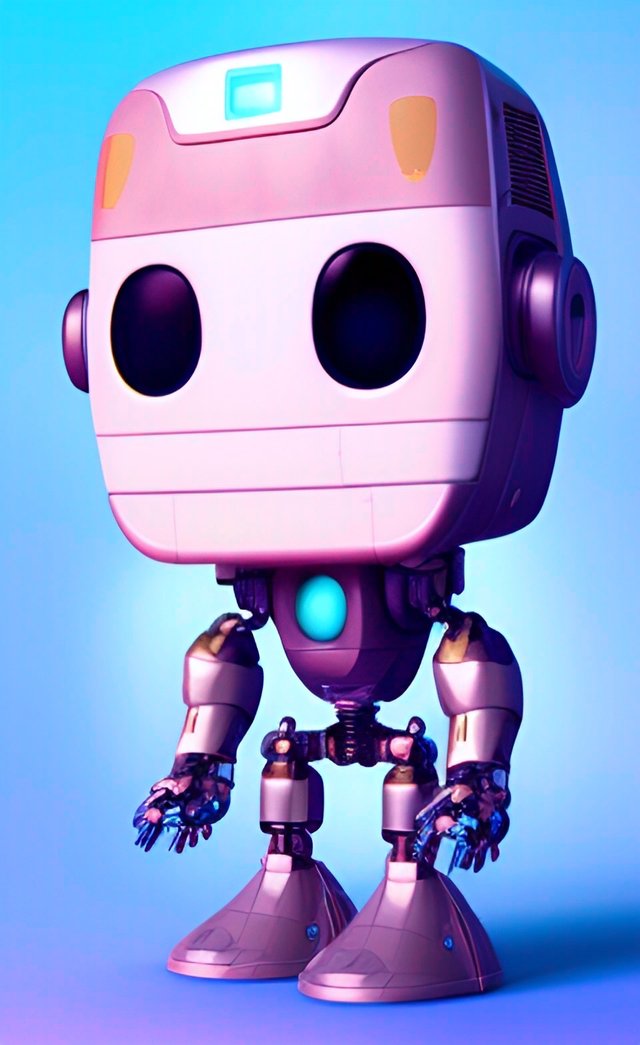Artificial intelligence (AI) has the potential to drastically change the world by automating many tasks that are currently performed by humans, increasing efficiency and productivity across a wide range of industries. In particular, AI has the potential to revolutionize industries such as transportation, manufacturing, healthcare, and finance. For example, self-driving cars powered by AI could greatly reduce the number of car accidents and increase mobility for people who are unable to drive. In healthcare, AI can be used for early disease detection, drug discovery and personalized treatment plans. In finance, AI can be used to detect fraud, analyze market trends and make trading decisions.
Beyond its practical applications, AI also has the potential to change the way we live and interact with technology. As AI becomes more advanced, it is likely to become a ubiquitous presence in our daily lives, from virtual assistants and chatbots to intelligent home appliances. Furthermore, AI could also change the way we work and learn. With the help of AI, jobs that require repetitive tasks could be automated, allowing humans to focus on higher-level tasks and creativity. Additionally, AI-powered education systems could personalize the learning experience for each student, making education more accessible and effective.
It's important to note that AI has both positive and negative impacts, and as a society we should be aware of both and also be proactive in mitigating the negative effects.
